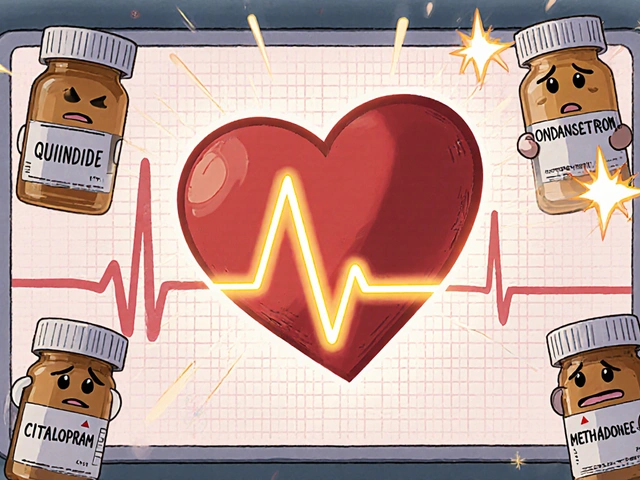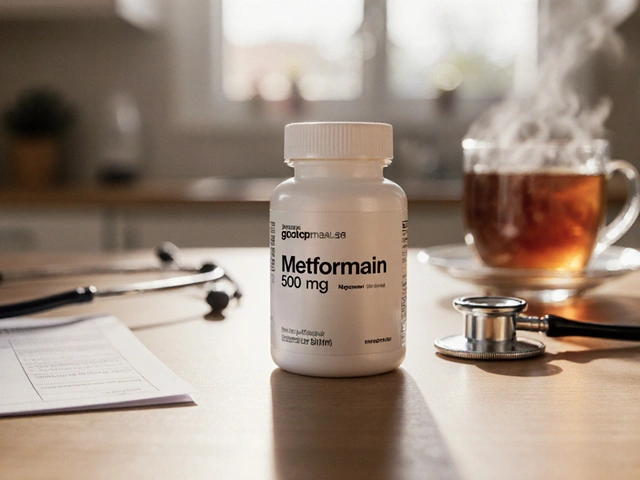Bone Health Essentials: How to Keep Your Bones Strong
Strong bones are the foundation to staying active and independent as you age. But bone health doesn’t get as much attention as it deserves until problems like fractures or osteoporosis show up. Luckily, simple lifestyle steps can make a big difference in keeping bones sturdy and healthy.
First off, calcium is a big player. It’s no secret that your bones need calcium to stay dense and strong. Adults generally need around 1,000 mg daily, but this increases for women over 50 and men over 70. You can get calcium from dairy products like milk and yogurt, leafy greens such as kale or broccoli, and fortified foods. If you’re not hitting every day’s target, a calcium supplement might help, but don't overdo it—too much calcium can cause problems.
Don’t forget about vitamin D. It’s essential because it helps your body absorb calcium effectively. Getting enough sunlight is one of the best natural ways to boost your vitamin D levels, but depending on where you live or your lifestyle, supplements might be a practical choice. Vitamin D deficiencies are common and can lead to weaker bones, so this isn't something to overlook.
Exercise: Your Bone's Best Friend
Keeping active is crucial for bone health. Weight-bearing exercises like walking, jogging, or dancing put stress on your bones, which encourages them to stay strong. Resistance training, like lifting weights or using resistance bands, also helps build bone density. Aim for regular sessions – about 30 minutes most days of the week makes a big difference over time.
Plus, staying physically active helps reduce the risk of falls that could cause bone fractures. Balance exercises, such as Tai Chi or simple standing poses, improve coordination and stability, making injuries less likely.
Watch Your Lifestyle Habits
Smoking and excessive alcohol can wreak havoc on your bones by reducing bone density and interfering with the body’s ability to repair bone tissue. Cutting these out or reducing them can protect your bones better than any supplement. Also, keeping a diet rich in fruits and vegetables provides other important nutrients like vitamin K, magnesium, and potassium that support bone health.
If you’ve got health conditions or take medications affecting your bones, talk with your doctor about bone-friendly options. Regular bone density screenings might be key to catching issues early and adjusting your care plan before any trouble starts.
Remember, it’s never too early or too late to care for your bones. Start with small steps—add in a calcium-rich snack, take a quick walk, or dust off your dumbbells—to give your bones the support they need for the long haul.
Bromocriptine and Bone Health: What You Should Really Know

Bromocriptine is often prescribed for conditions like Parkinson's disease and hormonal issues, but its impact on bone health isn't talked about much. This article looks into how bromocriptine affects your bones, especially if you use it long term. You'll find practical tips, facts, and what studies really show about keeping your bones strong while taking this medication. If you're worried about osteoporosis or simply curious, here's what you need to know. The info is straightforward and focused on real-life concerns.
read more



